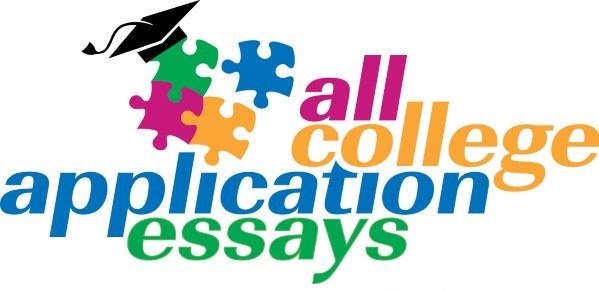Carnegie Mellon Removes Demonstrated Interest
In a fascinating move, Carnegie Mellon will not accept any additional materials, change interviews from evaluative to  informational, and change longer additional essay to shorter prompts. They are also making these changes to waitlist members Below is the complete announcement as we find it transformative.
informational, and change longer additional essay to shorter prompts. They are also making these changes to waitlist members Below is the complete announcement as we find it transformative.
“The mission of Carnegie Mellon University includes the cultivation of a diverse community. All throughout our campus there are examples of this commitment though initiatives such as the recent creation of our Center for Student Diversity and Inclusion, among many others. With this responsibility in mind, our undergraduate admission process is shifting to focus more on diversity and inclusion of all populations by reducing or eliminating advantages that have been inherent in certain aspects of the admission process. The goal is to provide a more equitable, level playing field where all segments of our applicant population have the same opportunity in the admission process. We’re eliminating demonstrated interest as a consideration in our admission paradigm. We’ll no longer encourage supplementary submission of materials, including resumes, research abstracts, writing samples, multimedia demonstrations of talents, and maker portfolios. Going forward, we’re no longer offering alumni interviews in advance of admission decisions and are refocusing alumni efforts to connect with admitted candidates instead. Our on-campus interviews are no longer evaluative, but rather are counseling sessions to help students align their interests with our programs. We’ve changed our long application essay to a series of short essays to better understand student context, unique talents and interests as well as special considerations which candidates would like to bring to our attention. Yet even with these impending changes, there’s more work needed on our part to achieve a more inclusive process. Issues surrounding standardized testing, for example, are complex in a research university like ours, and while we’ve lessened our SAT subject test requirements we’re hoping there is more we can do. All told, we’re working hard to change our process in a more inclusive direction.
Our changes extend to our waiting list process as well. Like many other institutions, we are inundated with demonstrations of continued interest and additional recommendations, mostly from well-resourced or well-advised applicants. Though we don’t request any at all, students write letters of continued interest, send us more recommendations, send projects, visit our campus to make their case in person and also have anyone with any perceived influence make phone calls to lobby and advocate for them. Our waiting list process is designed to give everyone who is interested in remaining on our waiting list the opportunity to respond about their uniqueness by sending us a paragraph at the appropriate time, only when we know there are additional places to fill. No letters of continued interest, extra recommendations, expectation of campus visits, lobbying efforts … nothing but a paragraph. Information about the paragraph is included in the information made available to all students offered a place on our waiting list when admission decisions are rendered in March. We’ve not provided the exact topic in advance since we have wanted to avoid having students work on it needlessly in the event we weren’t going to admit candidates from our waiting list.
These are fairly significant changes for us. We’re learning that the journey to a more inclusive and equitable process that eliminates unfair advantage to some is certainly not convenient or easy. It’s uphill work … but work worth doing. In honesty, we’re learning it may take many trials before ultimate success. We believe these changes are important steps to move our process toward eliminating unfair advantage and making it more inclusive and equitable for all.
Michael Steidel
Dean of Admission”

